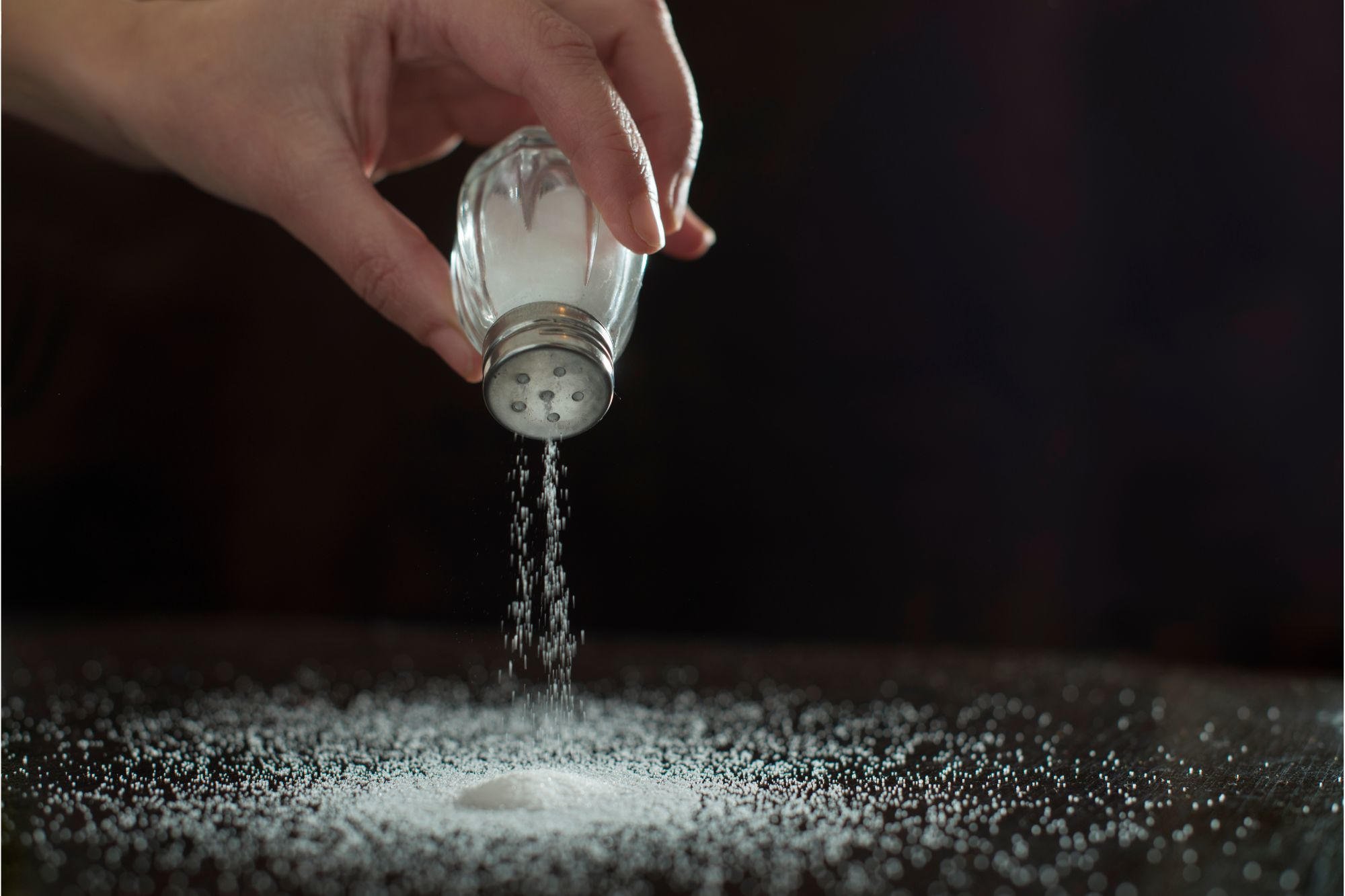This study sought to assess the effects of a salt substitute (62.5% NaCl, 25% KCl, and 12.5% flavorings) on incidence of hypertension and hypotension among older adults with normal blood pressure.
https://www.sciencedirect.com/science/article/abs/pii/S0735109723082633?via%3Dihub



Lol so the salt substitute is still nearly 2/3 salt. This study sounds like bullshit that wouldn’t be replicated in the real world, participants knew they might be getting reduced salt food and thus were more likely to accept it. In day to day life people would still generally prefer the saltier foods.
The foods wouldn’t be saltier. Potassium chloride tastes similar to sodium chloride. It even seems saltier. Odds are you wouldn’t notice the difference using their substitute over straight salt.
Fair enough, I’m still highly skeptical of this study. I haven’t read the full paper, but if they’re replacing salt weight for weight I don’t think it’s much good replacing it with 2/3 NaCl.
Really, we need to ween people off added salt altogether. We don’t need any extra salt, food has enough of it already, and having it in processed food is more about marketing and exploiting addiction than anything else.
That’s fair. I also don’t know the extent of their use of the substitute, whether it was a total replacement or just basic at-home cooking, or even a replacement for added salt.
Depending on the proportion replaced, 1/3 could be a pretty big change. But I agree that it would be more effective to reduce it at the source.